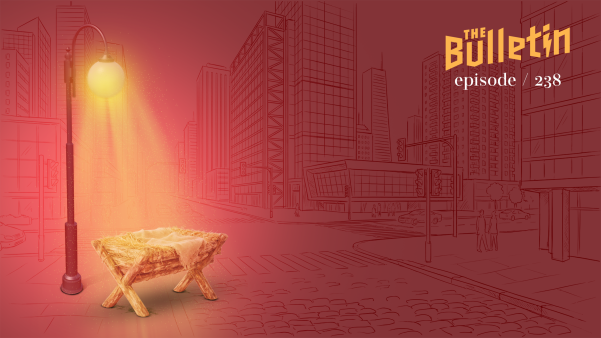April 19, 526: Justinian I is crowned Roman Emperor in Constantinople’s magnificent cathedral, the Santa Sophia. Attempting to restore political and religious unity in the eastern and western empires, he ruthlessly attacked pagans and heretics and created the Code of Justinian, a massive restructuring of law (including much regarding the relationship of church and state) that would be the basis of legislation for nearly a millennium.
April 19, 1054: Pope Leo IX dies. Because Leo refused the title of Ecumenical Patriarch to Michael Cerularius (Patriarch of Constantinople) and demanded recognition of the filioque clause (the western addition to the Nicene creed that asserts “the Holy Ghost . . . proceeds from the Father and the Son), he is usually assigned responsibility for the final break between Eastern and Western Christianity, though the conventional date for the schism is July 16 (see issue 54: Eastern Orthodoxy).
April 19, 1529: At the Diet of Speyer (Germany), princes and 14 cities draft a formal protest of Charles V’s attempt to crush Lutheranism, defending religious freedom for religious minorities, e.g. those involved in the Reformation movement. From then on, the Reformers were known as “Protestants.
April 19, 1560: German reformer Philip Melanchthon dies. The leader of the German reformation after the death of his friend, Martin Luther, Melanchthon composed the Augsburg Confession of 1530. Much more a peacemaker than Luther, he called for Lutherans and Zwinglians to put aside their differences for the sake of the reformation of the church. In addition, he led extensive efforts to develop the German educational system, for which he has been called “the teacher of Germany” (see issue 39: Luther’s Later Years).








